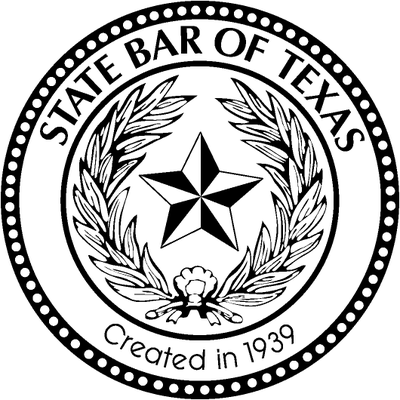Last week, I fell out of my office chair onto the floor. The resulting “thud” was so loud that my brother, Russell, who occupies the office below me, immediately phoned to see if I was okay and laugh at me (to his credit, in that order). Other people from down the hall soon followed suit (to their credit, also in that order).
I have had this chair for over a year–why did I fall out of it? Because, forgetting that it has no back (it is basically an exercise ball on wheels), I leaned back on it. I assumed, based on my habit of sitting in chairs with backs for over twenty—okay, thirty—years, that the chair had a back.
How often do we act out of habit, assumption, or belief? How does that affect the quality of our work, family life, and relationships? How does it affect the quality of advice we provide to our clients?
David Cain says: “Believing something is not an accomplishment. I grew up thinking that beliefs are something to be proud of, but they’re really nothing but opinions one refuses to consider. Beliefs are easy. The stronger your beliefs are, the less open you are to growth and wisdom, because ‘strength of belief’ is only the intensity with which you resist questioning yourself. As soon as you are proud of a belief, as soon as you think it adds something to who you are, then you’ve made it a part of your ego. Listen to any ‘die-hard’ conservative or liberal talk about their deepest beliefs and you are listening to somebody who will never hear what you say on any matter that matters to them—unless you believe the same. It is gratifying to speak forcefully, it is gratifying to be agreed with, and this is what the die-hards are chasing. Wherever there is a belief, there is a closed door. Take on the beliefs that stand up to your most honest, humble scrutiny, and never be afraid to lose them.”
I recently attended a mediation where the opposing party refused to listen to my client’s opening statement. My impression was that the other side felt this was a power move, but I perceived it as a sign of weakness: if your position is unassailable, then why are you afraid to hear a contrary view?
The result of refusing to critically examine one’s beliefs in litigation is going to trial, which is great fun for us litigators, but enormously costly and risky for our clients. (In fact, the only guarantee if you go to trial is that someone will, metaphorically, fall out of his chair. Only the result is likely to be a lot more painful than a bruised ego.)
As attorneys, we owe it to our clients to examine their cases with the most honest, humble scrutiny. True advocacy requires no less.









